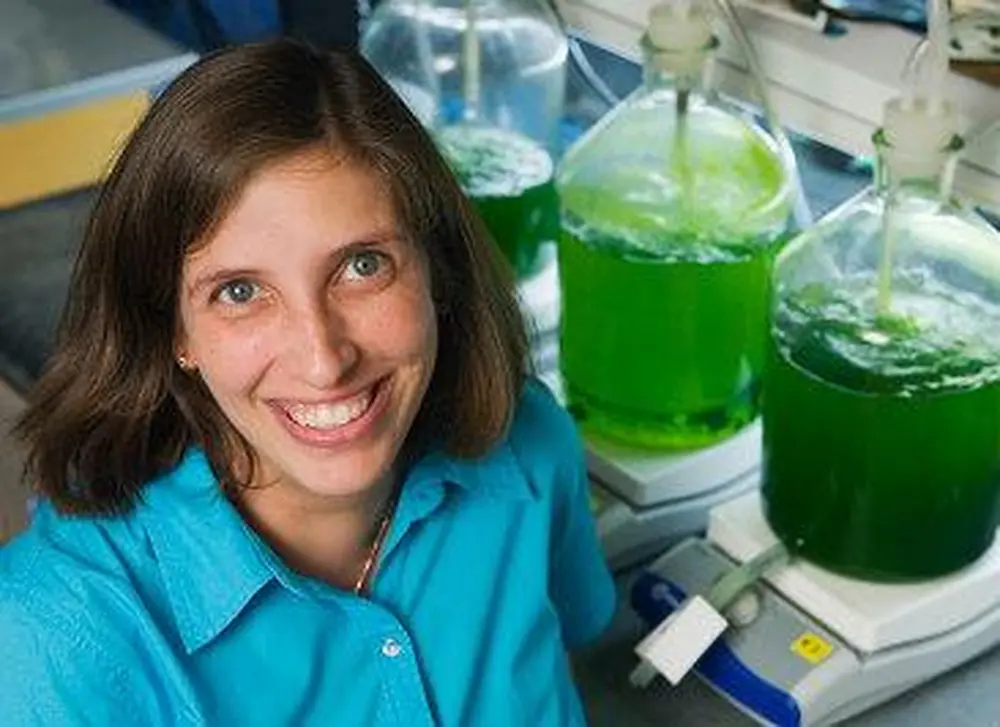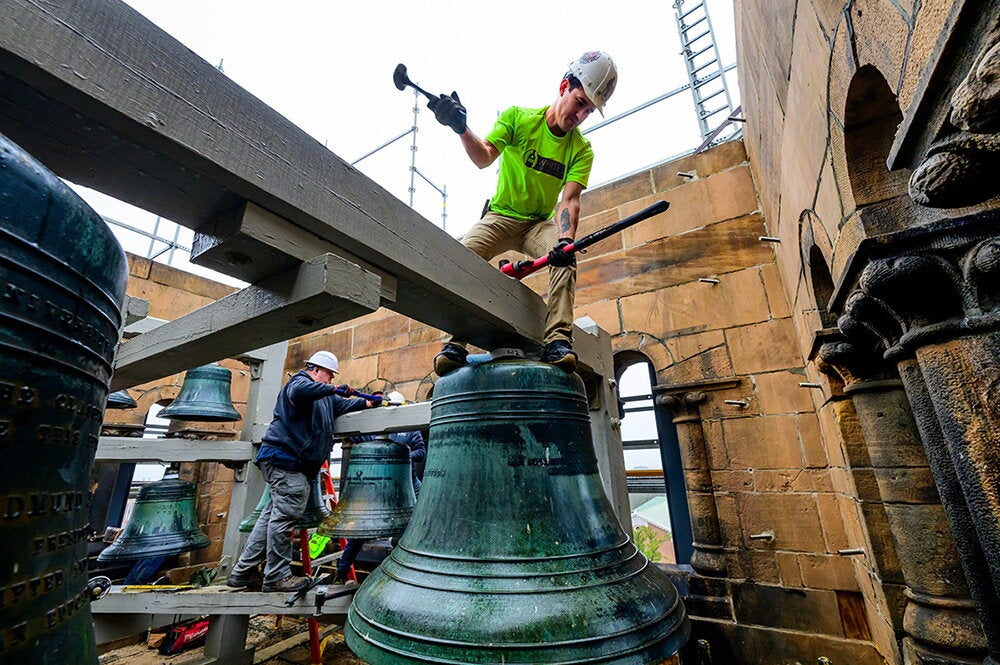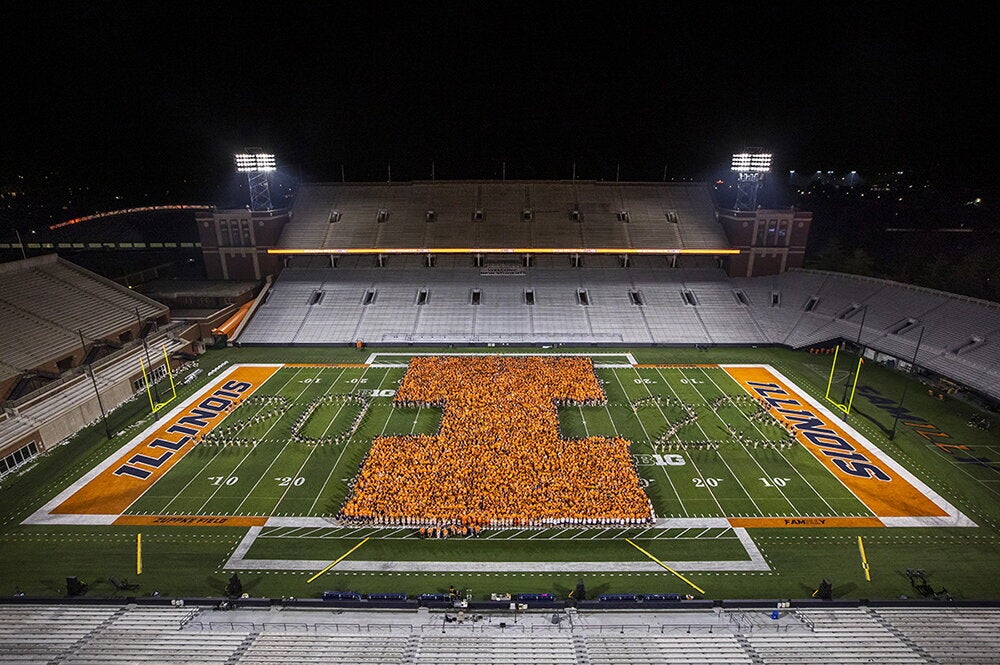
Four professors in the College of LAS have been named University Scholars for outstanding contributions to their fields. They were among 14 faculty selected for the honor this year across the three campuses of the University of Illinois.
Carla Eva Cáceres, of the Department of Animal Biology, Clare Haru Crowston, of the Department of History, Leanne K. Knobloch, of the Department of Communication, and Emad Tajkhorshid, professor of biochemistry, biophysics, computational biology, and pharmacology were selected for the award. They were each nominated for consideration for the prestigious award, with winners announced this fall.
Carla Eva Cáceres is a leading ecologist who works on aquatic ecosystems to understand a number of key biological processes including how parasites shape the evolution of communities, the investment into sexual reproduction, and host/parasite interactions. Her main study organism has been the water flea, a crustacean in the genus Daphnia.
Clare Haru Crowston is a leading historian of early modern France. She has published two books—one on women’s role in shaping the contours of labor during mid-17th century to the French Revolution and a second that details reconstruction of credit systems in the female dominated fashion industries of 18th century France.
Leanne K. Knobloch researches how people communicate during times of transition within close relationships, with a focus on how military couples communicate during and after deployment. She is a science advisory board member of the Military Child Education Coalition and is leading a study funded by the U.S. Army Medical Research and Materiel Command.
Emad Tajkhorshid has a spectacular record in biomedical sciences with remarkable productivity in the areas of computational biology, biophysics, and membrane proteins. His extensive research program is housed in the Beckman Institute and in the cross-campus interdisciplinary Center for Biophysics and Quantitative Biology located in Urbana.
As of 2013, each award consists of an allocation of $15,000 per year for a period of three years. Recipients may use the funds at their discretion to enhance their scholarly work through travel, equipment, research assistants, scholarly materials or other uses that support their university-related teaching or research.


